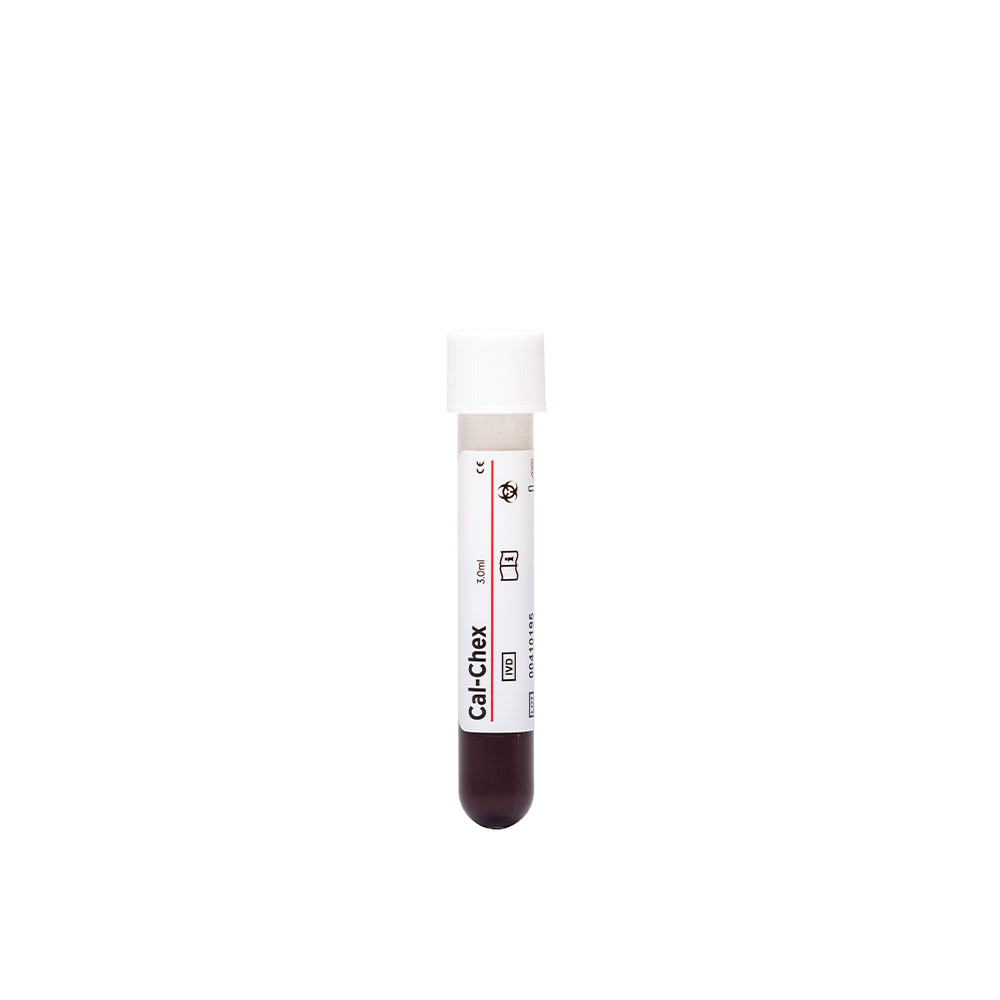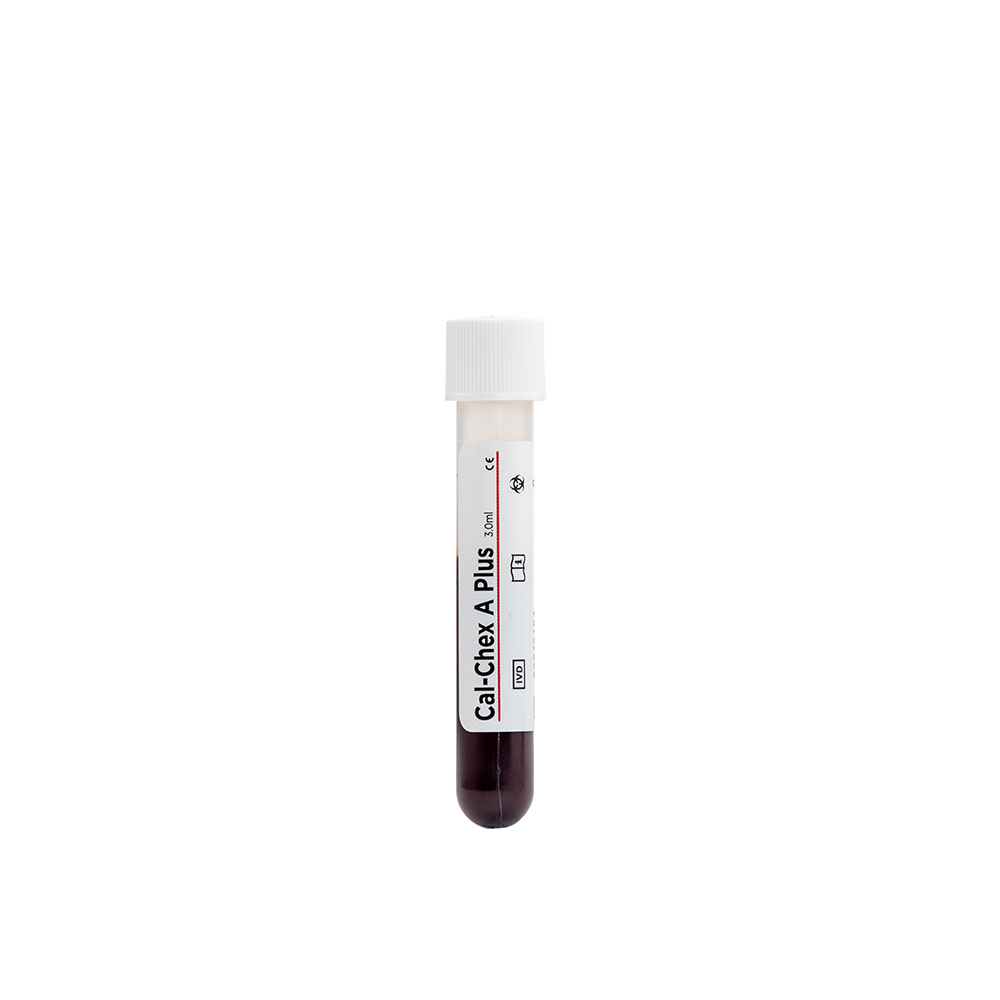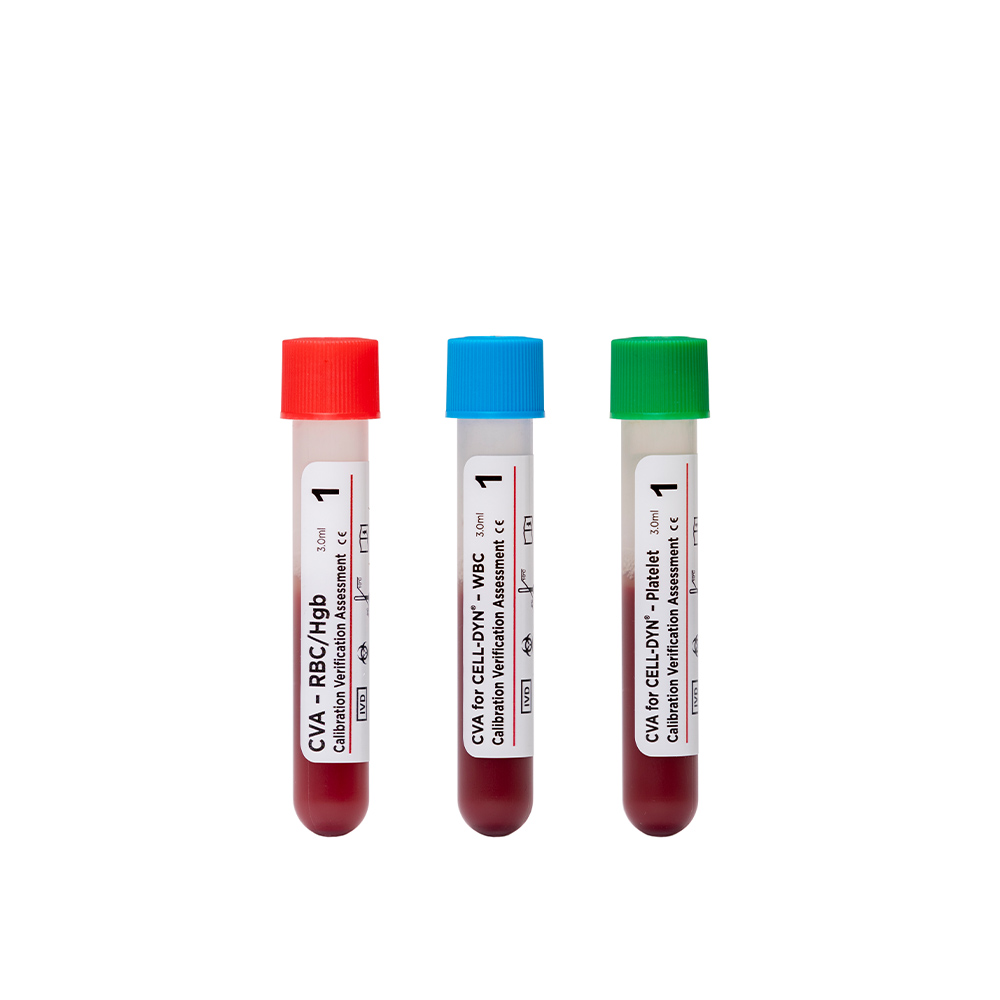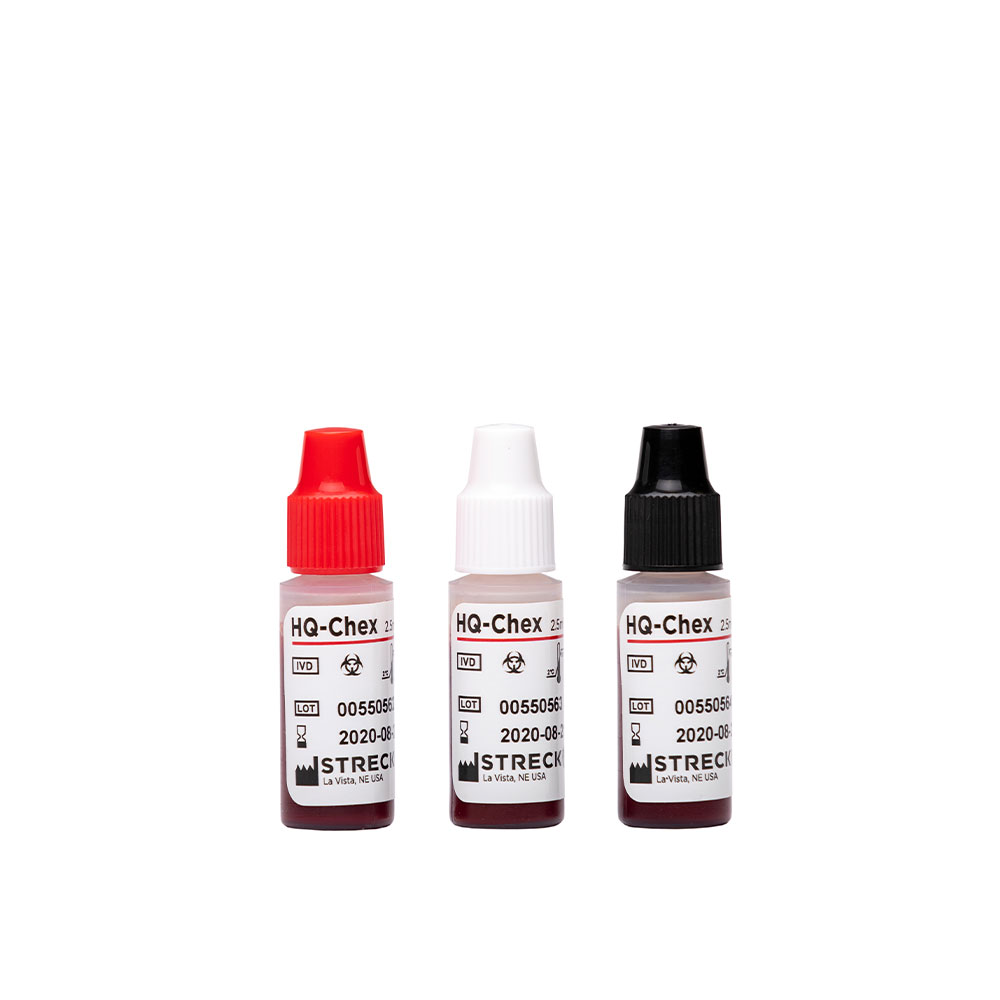Retic-Chex® II
Retic-Chex II is a tri-level whole blood control with reticulocytes used to verify the accuracy and precision of manual reticulocyte counting methods.
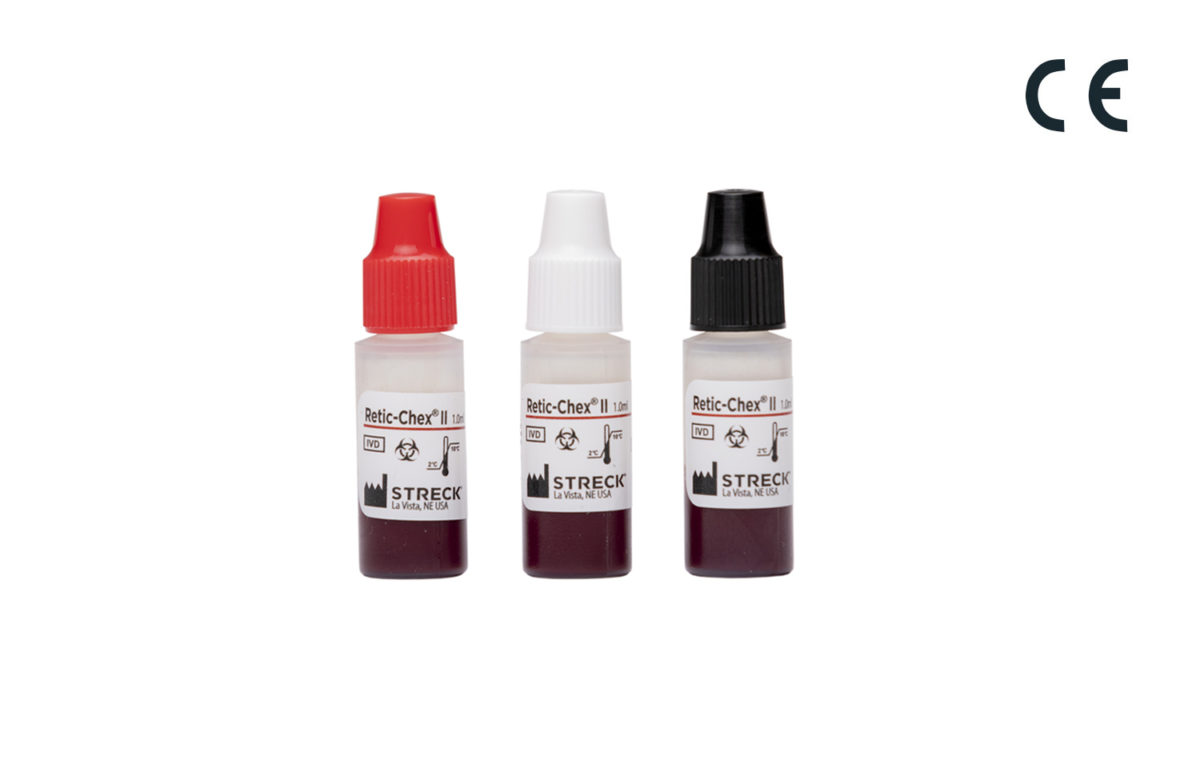
Product Description
Retic-Chex II is an assayed, whole blood control that can be used to evaluate manual reticulocyte counting methods. Designed to resemble the appearance of patient samples, Retic-Chex II is available in three clinically significant levels and has a long shelf life which reduces the number of shipments, associated costs and time spent performing lot-to-lot correlation. It is packaged in 1.0 mL squeeze dropper vials for accurate sample dispensing, eliminating the need for manual users to pipette.
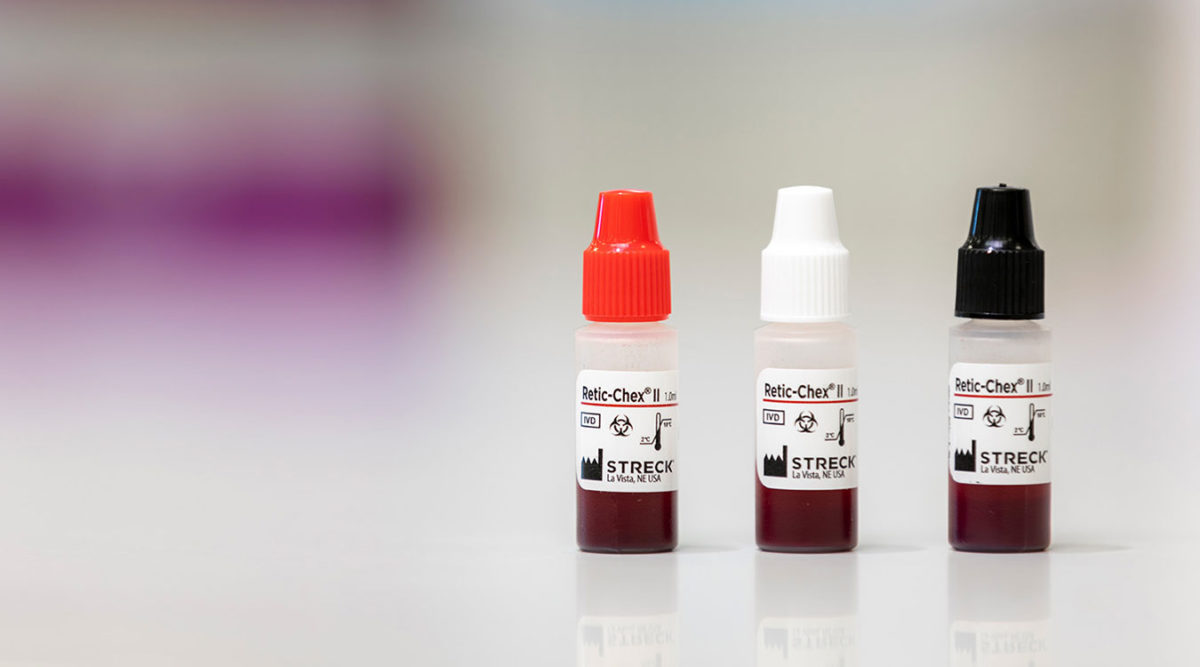
Features
- Can be used for manual reticulocyte counting
- Available in three clinically significant levels
- Packaged in 1.0 mL plastic squeeze dropper vials for accurate dispensing
- 14-day open-vial stability; 75-day closed-vial stability
Benefits
- Established assay ranges provide less room for error
- No pipetting necessary for manual methods
- Long shelf life reduces the number of shipments and associated costs
- Fewer lot-to-lot correlations save time and resources
- Access to STATS®, our free interlaboratory quality control program for peer group data comparison
Ordering Information
| Description | Catalog Number |
|---|---|
| 4 x 1.0 mL Retic-Chex II (Level 1) | 285104 |
| 4 x 1.0 mL Retic-Chex II (Level 2) | 285204 |
| 4 x 1.0 mL Retic-Chex II (Level 3) | 285304 |
| 6 x 1.0 mL Retic-Chex II (Level 1, 2 & 3) | 285106 |
Resources
Instructions (IFU)
Assays
Certificates
Product Information
Looking for an older document? Click here for archived assays and certificates.
Hematology Products
Our whole blood controls and calibrators give you confidence in the accuracy and sensitivity of your hematology analyzers without having to complete a tedious whole blood calibration procedure.
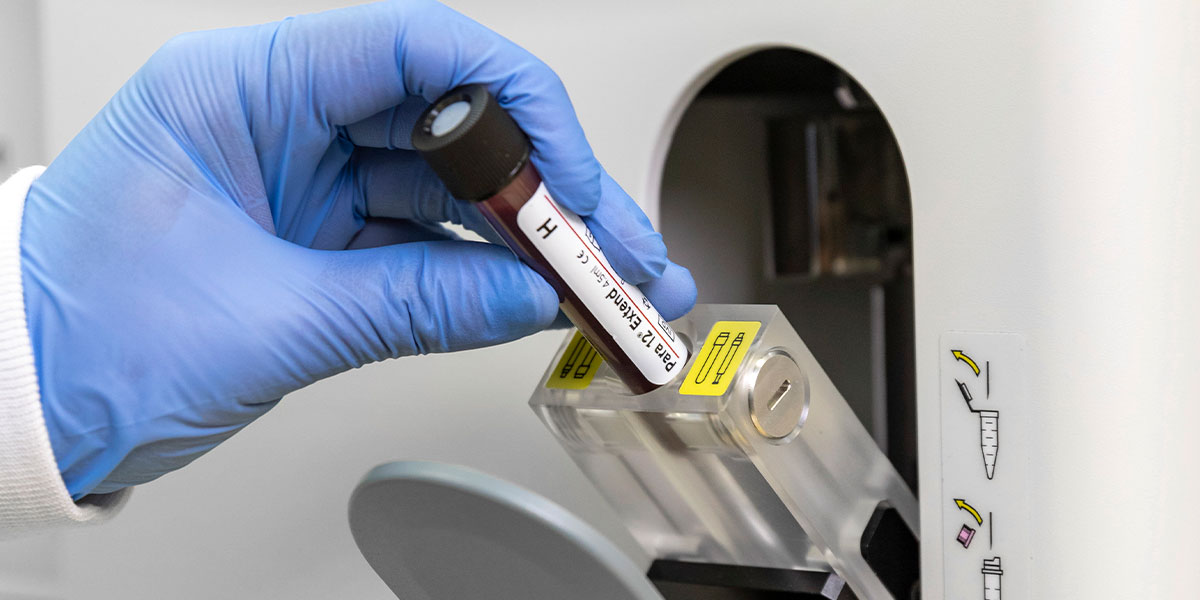
The latest from the blog


Flow Cytometry: A powerful tool for clinicians

